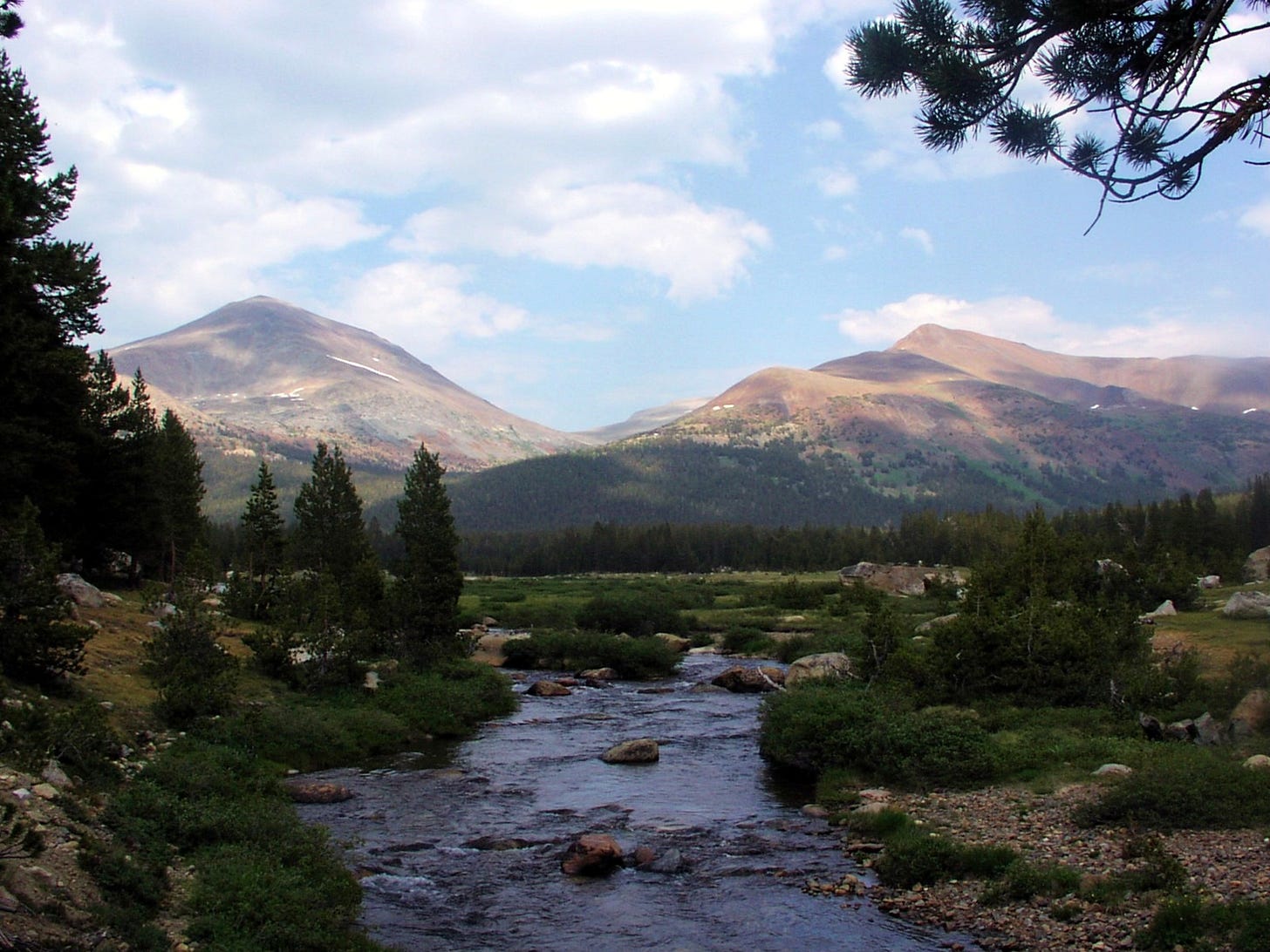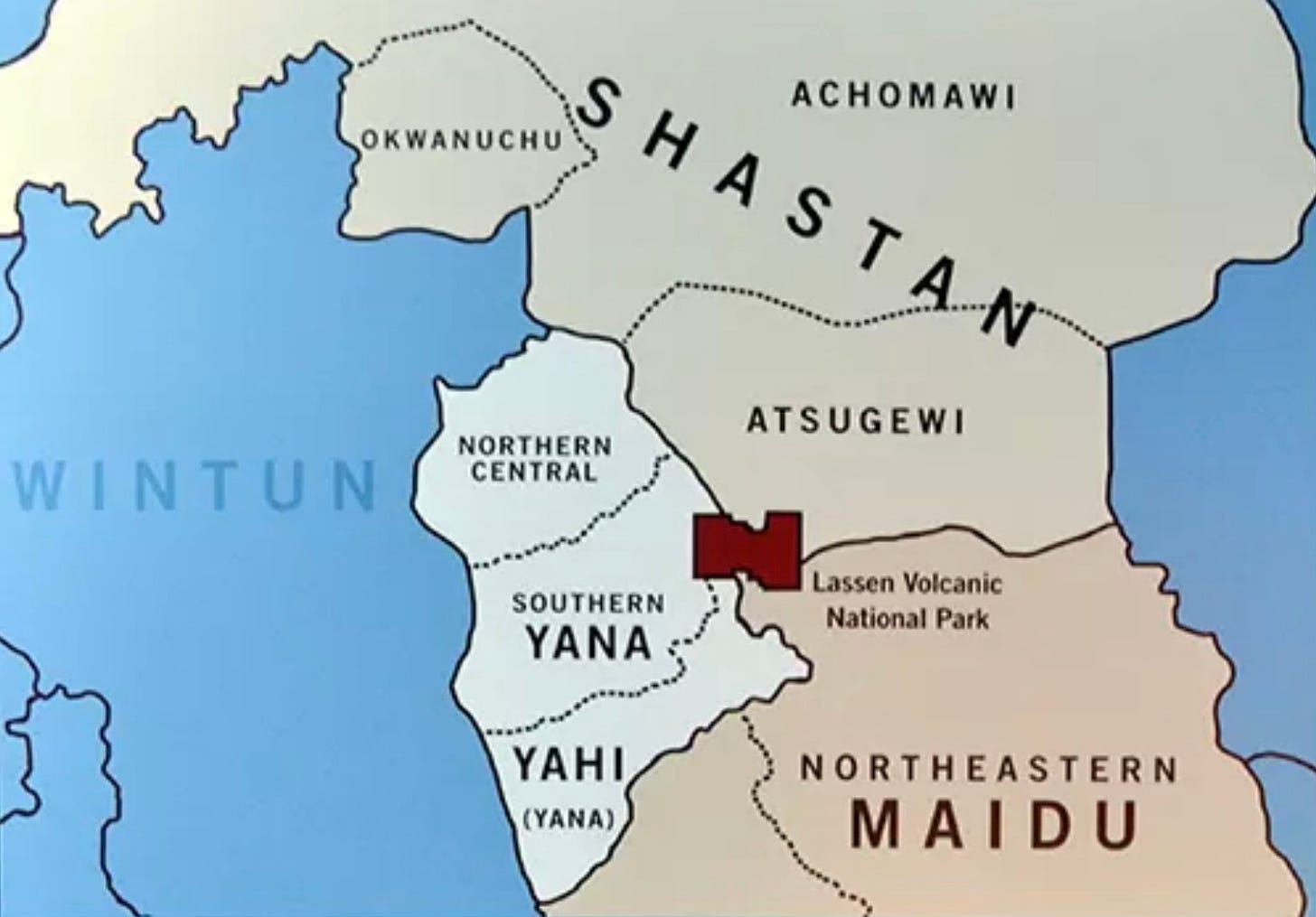🎧 Audio Companion to Of ICE and Men
This Field Note explores immigration, migrant labor, and cultural memory — from Sierra Nevada snowmelt to California’s Central Valley fields, from mythic borders to modern ICE raids and deportation tactics.
When breath becomes voice, story becomes resistance.
“Well, California’s a big State. It ain’t that big. The whole United States ain’t that big. It ain’t big enough. There ain’t room enough for you an’ me, for your kind an’ my kind, for rich and poor together all in one country, for thieves and honest men, for hunger and fat.”
— John Steinbeck, The Grapes of Wrath (1939), Chapter 12
Here, in this voice, Steinbeck reveals a common sentiment expressed by everyday Californians during the Dust Bowl migration.
He captures the fear and resentment of the working man — the one who pumped gas, ran a food truck, fixed tires on the roadside, sold fruit at a roadside stand, or swept up at the diner just off Route 66.
It’s the voice of someone afraid there’s not enough to go around — and so they start drawing lines, circling the wagons, and labeling migrants as “other.”
It’s a voice we still hear today: fearful, anxious, angry. It’s a voice on talk radio, in comment threads, or in the crowd at a Trump rally.
In the last Waypoint, Of Wings, Words, and Sacrificial Hearts, we explored death and renewal — and how “words are a kind of resurrection.” We followed ghostly echoes of cultures past, embedded in language.
California is full of such echoes.
The name California itself comes from Spanish romance — the mythical land of Queen Calafia. The Sierra Nevada mountains, snowcapped and jagged, gave my half-Korean daughter her Spanish name. That snow keeps our rivers running through summer. That water sustains this land, and its economy.

The Sierra Nevada snowpack provides nearly 30% of California’s water supply, sustaining a $50 billion agricultural industry — one that produces more than a third of the nation’s vegetables, and two-thirds of its nuts.
The backbone of this labor-intensive industry is migrant workers. An estimated 70% are undocumented. Though they often pay taxes, they are excluded from labor protections, denied recourse to law enforcement, and barred from the ballot box. That leaves them vulnerable — and now, they’ve become pawns in a cruel political game. Immigration is no longer a policy issue; it’s a wedge.
Deeper still run the names that shape California’s geography: Yosemite, from the Miwok, means “those who kill.” Tahoe is Washo for “the lake.” Malibu comes from the Chumash — “the surf sounds loudly.” Modoc, Mono, Yuba, and Shasta all bear the names of tribes whose homelands we now hike.

These aren’t just place names. They’re living memorials — to voices silenced, languages lost, communities displaced. The landscape still whispers their stories. The rivers carry more than snowmelt and salmon. They carry tears.
And in this same land today, a new wave of dispossession unfolds.
Under an increasingly authoritarian regime, masked ICE agents have been directed to abduct people — from homes, gas stations, car washes, flea markets, even churches. Many have been detained based solely on appearance. Some have been forced face-down into the dirt. Many are asked, “Where were you born?”
One early morning, Albino Mandujano Eutimio — an undocumented Indigenous man with Mixtec ties — was taken at a gas station while retrieving tools for work. He left behind a daughter who became responsible for her younger brothers.
Narciso Barranco, father of three U.S. Marines, was tackled and beaten in Santa Ana. Though he’d lived in the U.S. since the 1990s and had no criminal record, he was thrown down, pepper sprayed, and left with a dislocated shoulder.
In Los Angeles, a Zapotec man was tricked into signing a deportation order he thought was a COVID test form.
More than a dozen Navajo Nation citizens were detained in workplace sweeps — one held for nine hours because agents didn’t recognize his tribal citizenship documentation.
I could go on.
ICE officials defend their actions. But in private meetings, deportation strategies are being discussed with extremist figures. Tom Homan, Trump’s “border czar,” has met repeatedly with Proud Boys associate Terry Newsome to coordinate tactics. Homan says ICE agents are “just doing their job.”
We’ve heard that before.
“Just following orders” does not make a good legal defense.
To be clear: immigration enforcement has a role in any nation. But how that power is used — and under whose command— is what defines the character of a republic.
Today, ICE agents wear masks, drive unmarked cars, and enter homes without identifying themselves. The masks, they say, protect them and their families. In a country with sixty five million more guns than people, that fear isn’t unfounded.
But the irony is devastating: they hide their faces to protect their own families, while tearing apart vulnerable families in plain daylight.
The justice is blind.
☕ This trail runs on caffeine &conscience! ☕
Pitch in to help out.
📘 Begin here | ⬅️ Previous Waypoint (2.2) | ➡️ Next Waypoint (2.3)
🗂️ Indexes: Chapter 1 • Chapter 2
For much of the 20th century, Mexican laborers crossed the border seasonally for agricultural work, often under informal arrangements or the Bracero Program (1942–1964). Only in the 1980s did immigration become a political wedge issue, prompting stricter enforcement. As penalties increased and crossings grew riskier, many who once migrated seasonally began staying in the U.S. permanently, often without documentation.











Share this post